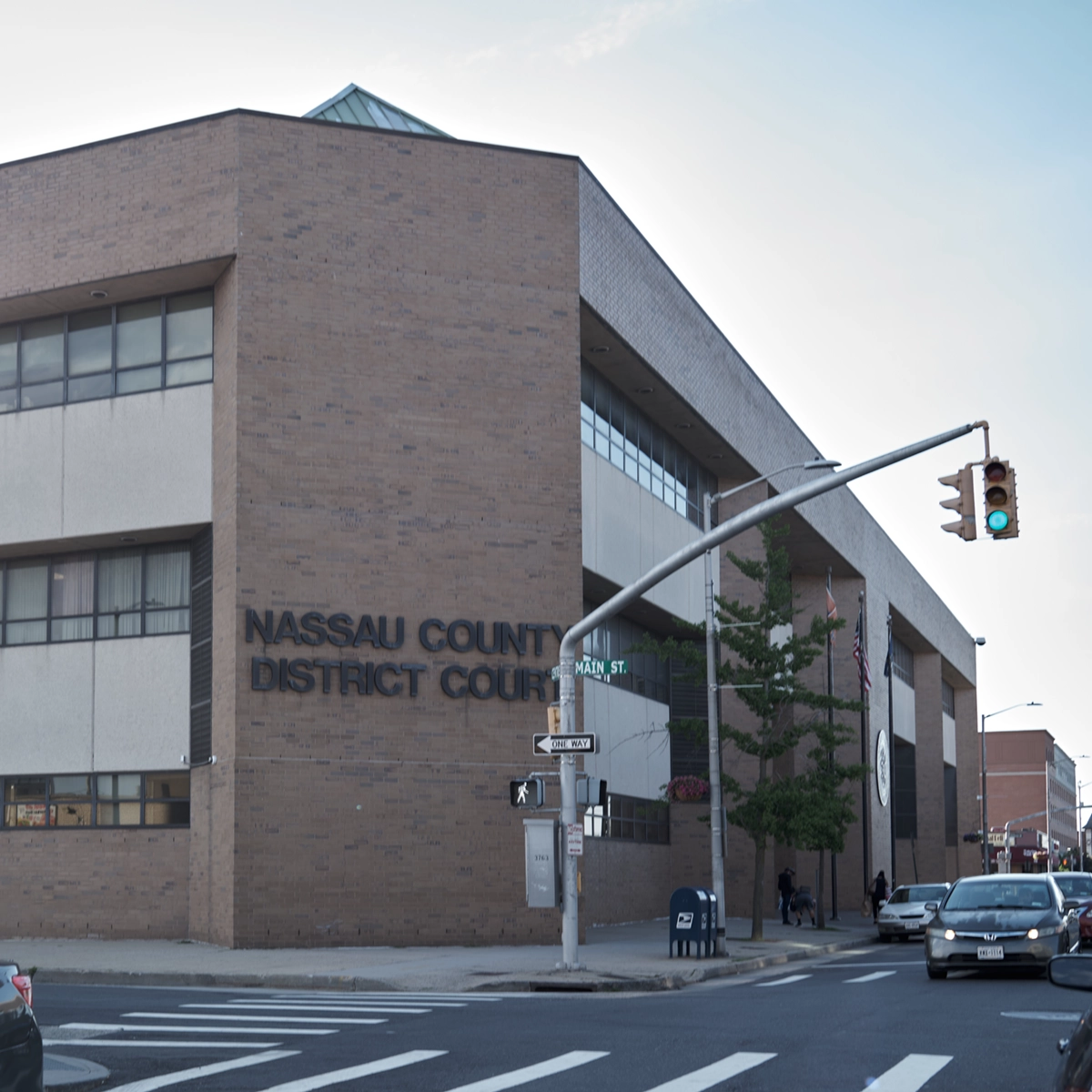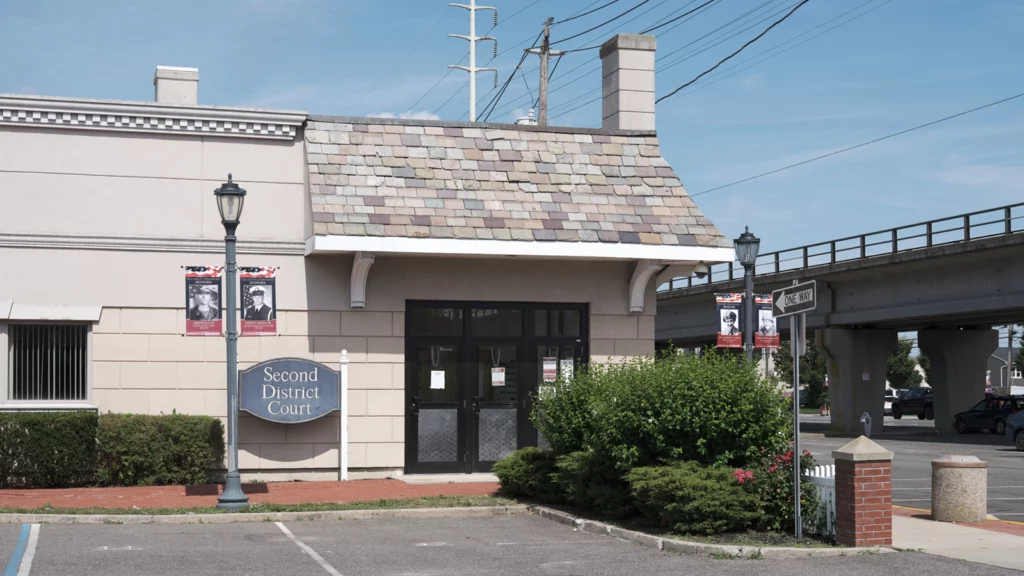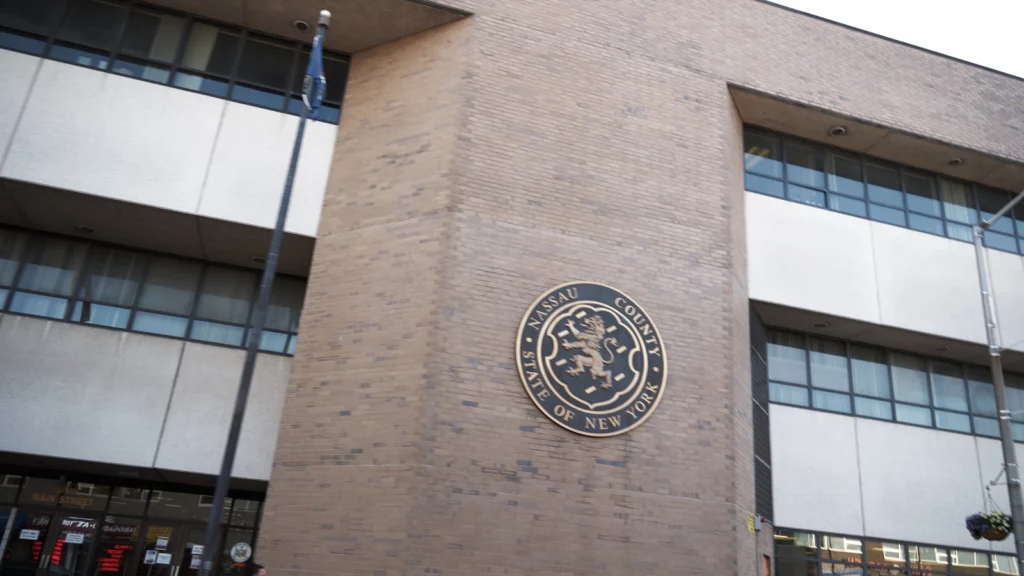Are you a tenant that's being evicted?
Need a Tenant Lawyer?
Why You Should Have an Experienced Tenant Lawyer Representing You During Your Eviction Proceeding
How Much Does a Tenant Lawyer Cost?
Read how much we charge to represent tenants in our FAQ section.
Can I get a Free Tenant Lawyer to Represent Me?
Tenants' Rights: When to Hire a Lawyer
When it comes to tenants’ rights, hiring a lawyer can be an invaluable resource. Even if your landlord-tenant dispute is minor, having the right legal representation could make all the difference in the outcome of your case. Lawyers can review legal documents, discuss rental and town code regulations with you, and provide advice on how to navigate the often complex laws that govern tenant-landlord relationships. Additionally, if your landlord attempts to evict you without going through proper court procedures or withholds your security deposit or other payments without cause, a lawyer can help ensure your rights are protected, and explain the legal issues to you and make recommendations. In cases such as these, it’s important to act quickly – don’t wait until it’s too late – and hire an experienced tenant lawyer who understands the law and is able to fight for an equitable resolution.
No matter what your issue is with your landlord, having a landlord-tenant lawyer on your side can help you protect your rights as a tenant and ensure you receive the best possible outcome and preserve your credit and record as a good tenant. But it’s important to act quickly: if your landlord has initiated eviction proceedings, don’t wait to find out what your options are – hire an experienced attorney today and get the legal representation you need.

Want to skip right to the FAQs?
Find the answers to your questions in our FAQs for Tenants section.
Call or Text
Have Questions?
We offer FREE CONSULTATIONS for tenants who are being evicted. Speak with Us Right Now, For Free.
📞 (631) 888-6989💬 Text Us NowCOURT
LOCATIONS:
RELATED ARTICLES:
Your Landlord is Evicting You.
If you are a tenant facing eviction, it is important that you understand your rights and the legal process. Chances are, you know the reason why you’re being evicted. But if not, you can read the petition that was either personally served on you or a member of your household, or taped to your door.
This petition will tell you why you’re being evicted, how much money you owe, if any, and it will have a date on it for your first court appearance. If you’re interested in representation by an attorney, then this is the time you want to hire some – before your first court appearance.
Your lawyer will prepare a response to the eviction notice and determine how best to proceed with the case. Depending on your circumstances, your lawyer may be able to negotiate an agreement with your landlord that lets you either stay in the property or leave within a generous timeframe, often without owing any back rent.
Your lawyer can provide valuable advice and represent your interests throughout the entire process. So don’t wait until it’s too late – at the very least speak with a tenant lawyer, even if you don’t think you can afford one. It’s free, and you may learn something that could help you in court.
FAQs from Tenants
It honestly depends, and we'd have to speak with you to be able to tell you. Many times, no. Hiring a lawyer won't help you much at all, or it would make a very small difference that doesn't outweigh the fee you'd have to pay. But many times, yes, absolutely. Sometimes a lawyer can get your case thrown out, which may mean an additional months of living in the apartment rent-free until you have to move on. Often we can also negotiate an arrangement where you leave and don't have to pay any back rent owed, you just get time to just walk away, without paying and with a clean credit report. So is that worth $950 to you? It depends. If you're not sure, give us a call and we can take a look and tell you what we think.
Tenant representation typically costs around $950, which is significantly cheaper than what representation costs landlords.
Because we have less paperwork to draft, no process server fees, and no court costs to pay for. So it costs us less, and takes up less of our time.
As long as you have left the property vacant and clean, and have returned the key to the landlord, the landlord must return your security deposit within 14 days. If not, your landlord must let you know in writing why he or she isn't returning your security deposit, and how your security deposit is being applied to repair damages that you have caused.
If the landlord fails to give you back your security deposit unjustly, you can sue the landlord in court, and you will likely win a judgment against your landlord for your security deposit.
Yes. You must continue to pay rent as long as the landlord owns the house. When the landlord looses the foreclosure proceeding in court, you no longer have to pay the landlord rent. But foreclosure proceedings take a very long time, and often end with the landlord simply modifying their mortgage and keeping the house. So just because a landlord gets served with foreclosure papers does not mean you no longer have to pay them rent. The landlord can still evict you for nonpayment of rent even when the house is being foreclosed on.
For the most part, yes. A landlord may increase your rent in this situation at any time with notice. But if the rent increase is greater than 5%, the landlord must give you notice in writing.
- If you have lived in the apartment for less than 1 year, then the notice must be given to you at least 30 days in advance of when the increase takes effect.
- If you have lived in the apartment for at least 1 year, but not more than 2 years, then the rent increase cannot take effect until 60 days after the notice is given.
- And if you have lived in the apartment for at least 2 years or more, the landlord cannot increase the rent until 90 days after the written notice is given to you of the rent increase.
But no such notice is needed if the increase of rent is less than 5%. If you're not a month to month tenant but rather a tenant with a lease for a term that has not yet expired, then the landlord cannot increase the rent at all until after the term of the lease. And at that point, you would still be subject to the same notice requirements.
You do not have to move until the landlord serves you first with the proper notice.
- If you have been living in the apartment for less than a year, the landlord must give you a 30 day notice.
- If you've been living in the apartment for at least a year, but not more than 2 years, your landlord has to give you a 60 day notice.
- And if you’ve been living in the apartment for 2 years or more, your landlord has to give you a 90 day notice.
After the time on the notice expires, the landlord may then start the eviction process in court. And if the landlord is successful in getting a warrant of eviction, the sheriff will come and physically remove you if necessary. But you will not be forced to leave until that entire process is complete.
If your landlord is attempting to evict you without using the proper legal procedures, it is important that you understand your rights as a tenant and you take action immediately. In most cases, landlords must follow a set of eviction procedures established by state and local law. This includes serving tenants with predicate notices, filing an eviction lawsuit in court and obtaining a judgment from the judge before the sheriff will physically evict you. At no time are landlords allowed to engage in any self-help remedies such as locking you out of your home or canceling your utilities. This is considered a wrongful eviction and your landlord can get arrested if they refuse to let you back into your apartment after a wrongful eviction.
If you're experiencing an illegal eviction, your first step is to call the police. Your second step is to call a tenant lawyer.
Remember that your rights as a tenant are not something to be taken lightly. If you suspect your landlord is evicting you without following the proper legal process, it is essential to seek help from an experienced tenant lawyer as soon as possible.
A tenant lawyer is an attorney who specializes in providing legal advice and representation to tenants in landlord-tenant disputes. They are knowledgeable about the laws that protect tenants, as well as state and local rent control regulations. Tenant lawyers can provide invaluable advice on protecting your rights as a tenant, including helping you negotiate better terms for your rental agreement or resolving disputes with your landlord.
Tenant lawyers can also help you with filing a tenant complaint if your landlord has violated any of the laws that protect tenants or breached their own lease agreement. In addition, they can represent you in court if necessary and prepare all of the paperwork required to defend you in an eviction case. Finally, they can also advise on how to properly handle any other legal matters related to being a tenant such as security deposits, judgments for back rent owed, and repairs.
No tenant should have to face a landlord-tenant dispute alone. With the help of an experienced tenant lawyer, you can protect your rights and be sure that your landlord is abiding by the law.
A tenant lawyer will represent your interests in court. Often this means reviewing the lease and petitions and predicate notices and the manner in which they were served for the slightest legal defect. Often defects will result in the dismissal of your eviction action, but usually, you have to know what to look for, and ask for the specific relief you want in order to preserve your rights. A tenant lawyer can also negotiate much more time in the premises, or time to move, or even a "pay and stay" arrangement, where you pay off the back rent over time in order to stay in the apartment.
Don't forget that changes are, your landlord will be represented by a lawyer. And this lawyer will be strongly enforcing the landlord's best interests. You would greatly benefit from having a tenant lawyer on your side who will fight for your interests.
* Disclaimer: Nothing on this site constitutes legal advice. As information and case law changes quickly, we do not guarantee the accuracy of any information contained on this website. Submitting a question does not form an attorney-client relationship. By submitting a question, you acknowledge that we may post your question publicly. Please read our website terms for additional restrictions.
Read More FAQs from Tenants
View our FAQs page for more of the most common questions and answers from both landlords and tenants.
More About Tenants Rights and the Long Island Eviction Process
Tenants in Long Island, NY have legal rights that their landlords are required to respect. This includes the right to a safe and habitable living space, the right to quiet enjoyment of the property, the right to receive proper notice before entering the property, and the right to legal process while being evicted. It is essential for tenants in Long Island, NY to be aware of their rights and responsibilities as a tenant. With this knowledge, they will be better equipped to handle any landlord-tenant disputes that may arise.
What’s the Penalty for Renting an Illegal Apartment?
Renting an illegal apartment can lead to serious consequences, but it may...
Read MoreHow Long Does it Take to Evict a Tenant in Nassau County or Suffolk County, NY?
The Evictions Timeframe Varies Depending on on Several Factors There is no...
Read More10 Day Notice to Quit
There are many types of notices that may be required in New...
Read MoreFree Consultation with a Tenant Lawyer
For tenants in Long Island, NY who are facing legal issues or have disputes with their landlords or other tenant-related issues, a free consultation with a landlord-tenant lawyer is a great way to learn about your rights. During the consultation, the law firm will assess your situation and provide you with information about a wide variety of potential legal options. This can be extremely helpful when deciding whether to pursue legal action or negotiate a settlement without involving the court.
The consultation can also provide an opportunity to get to know the tenant lawyer and decide if they are someone you would like to work with in the future. You should ask questions about their experience in landlord-tenant law, fees associated with representation, and any other inquiries that you may have. Additionally, make sure that all of your questions are answered completely before making any decisions about proceeding with legal counsel.
Overall, a free consultation with a tenant lawyer is an invaluable resource for those seeking advice on their legal rights as tenants in Long Island. It offers an opportunity to receive guidance from experienced professionals while learning more about potential options without any commitment. Taking advantage of this service can help tenants protect themselves against unfair rental practices and ensure that their rights are respected by landlords and courts alike.






